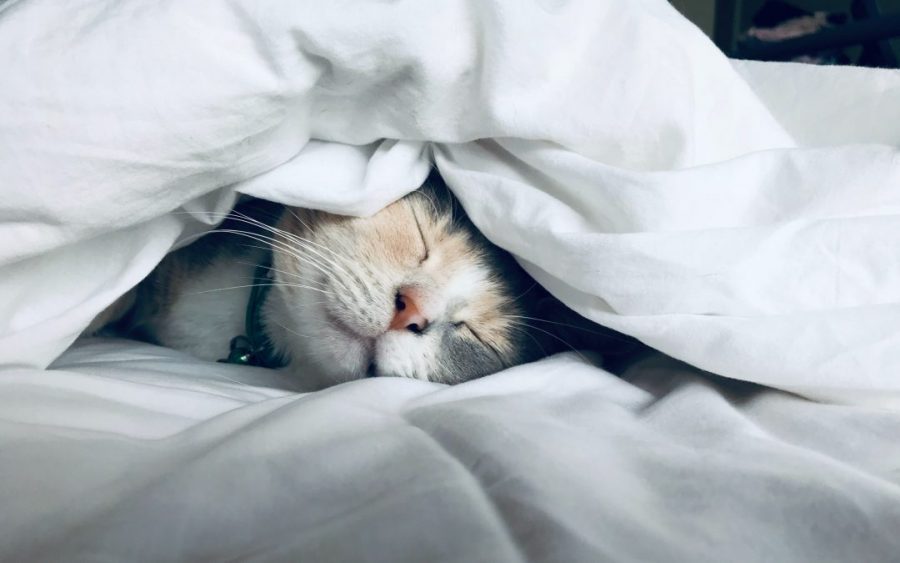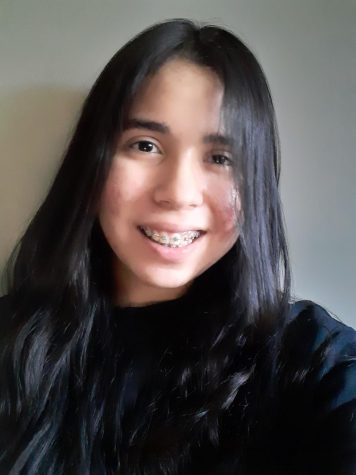Why is Sleep Important?
March 8, 2021
As children, we have always been told to get sleep. Is it bad if we don’t, but why?
Throughout our childhood, it was a desire to always break our bedtime routine, yet there are always our parents telling us to go to sleep, then we asked why? Why was sleep so important? According to sleepfoundation.org, “Sleep is an essential function that allows your body and mind to recharge, leaving you refreshed and alert when you wake up. Healthy sleep also helps the body remain healthy and stave off diseases. Without enough sleep, the brain cannot function properly. This can impair your abilities to concentrate, think clearly, and process memories.”
Now knowing that many functions of the brain can be hard to control without sleep, it safe to say that there are many functions that can be covered, but the most important is how many hours does a person need to sleep for? According to webmd.com, “Most adults need 7 to 9 hours, although some people may need as few as 6 hours or as many as 10 hours of sleep each day,” meaning that an average adult needs around 7 or 9 hours of sleep, to be able to be healthy.
Did you ever wonder how long can a person go without sleeping? And what are the causes of going over the number of hours that is the limit? According to healthline.com, “The longest recorded time without sleep is approximately 264 hours or just over 11 consecutive days. Although it’s unclear exactly how long humans can survive without sleep, it isn’t long before the effects of sleep deprivation start to show.” It article continues on to say a person might suffer from cognitive impairments, irritability, delusions, paranoia, and psychosis. Although dying from not enough sleep is rare, it can still be a possibility.
Knowing all of this, can sleep patterns affect students? The answer to this is yes. According to med.stanford.edu, “Sleep deprivation increases the likelihood teens will suffer myriad negative consequences, including an inability to concentrate, poor grades, drowsy-driving incidents, anxiety, depression, thoughts of suicide and even suicide attempts.” This of course has been shown on many occasions, as “Results indicated that anxiety is a statistically significant, yet weak, predictor of suicide ideation (OR=1.49, 95% CI: 1.18, 1.88) and attempts (OR=1.64, 95% CI: 1.47, 1.83), but no deaths (OR=1.01, 95% CI: 0.87, 1.18).”
In December 2015, according to ncbi.nlm.nih.gov, and the best way to encouraging students to sleep, can be adding a bedtime, or using a relieving stress method, like yoga or listening to classical music. What are your thoughts and what other ways can be used to encourage to help you sleep better?


